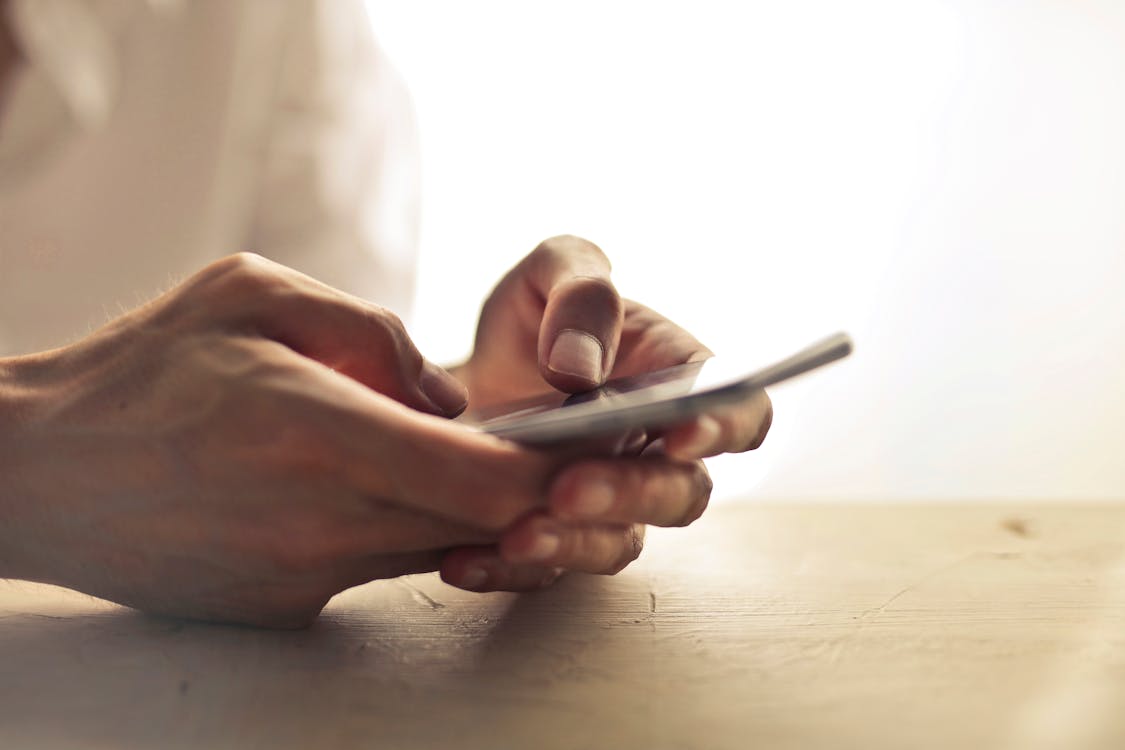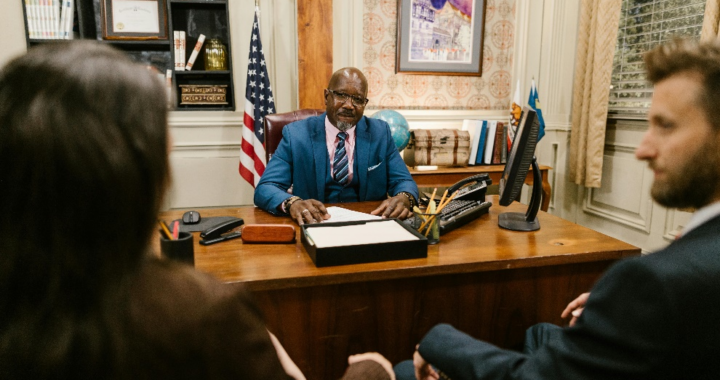Audio evidence has become an essential component in modern legal proceedings, offering valuable insights and helping to clarify key aspects of cases. However, its use in courtrooms involves a rigorous process to ensure authenticity, accuracy, and reliability. Here, we explore how audio evidence is handled, interpreted, and challenged during trials.
The Role of Audio Authentication Services
One of the most critical steps in presenting audio evidence in court is proving its authenticity. Audio authentication services are employed to verify that the recording presented is genuine and unaltered. Experts use advanced techniques, such as waveform analysis and comparison to original sources, to confirm the integrity of the recording. This process is crucial because any evidence that cannot be verified as authentic may be deemed inadmissible in court.
Expert Witness Testimony and Interpretation
Once audio evidence is authenticated, expert witness testimony plays a key role in interpreting its contents. Forensic audio experts are often called to explain the nuances of the recording, such as background noise, voice identification, and speech patterns. Their expertise helps the court understand the context of the audio evidence, ensuring that it is interpreted accurately and without bias.
These experts can also provide insight into the conditions under which the recording was made, such as the distance from the microphone, environmental factors, and any technical limitations that may have affected the clarity or quality of the sound.
Challenges to Audio Evidence
While audio evidence is often invaluable, it is not without its challenges. Opposing parties may challenge the authenticity of the recording, arguing that it was tampered with or fabricated. In such cases, expert witnesses are called upon to defend the integrity of the audio and to prove its admissibility.
Additionally, the interpretation of audio evidence can be contentious. Factors such as background noise, poor recording quality, or inaudible speech can complicate the analysis.

Digital Video Forensics and its Relation to Audio Evidence
Digital video forensics is closely linked to audio evidence, especially in cases where audio is paired with video footage. Forensic experts analyze both the video and the accompanying audio to ensure that they align and offer a coherent account of the events. This can include syncing audio with visual cues or identifying discrepancies between the two formats.
Trusted Forensic Analysis for Legal Proceedings
At Eclipse Forensics, we specialize in providing top-tier audio authentication services to ensure the integrity of your audio evidence in the courtroom. Our forensic team offers expert witness testimony to expertly interpret and present audio recordings, backed by advanced techniques in digital video forensics. Contact us today to learn more about how we can assist with presenting audio evidence in court.

